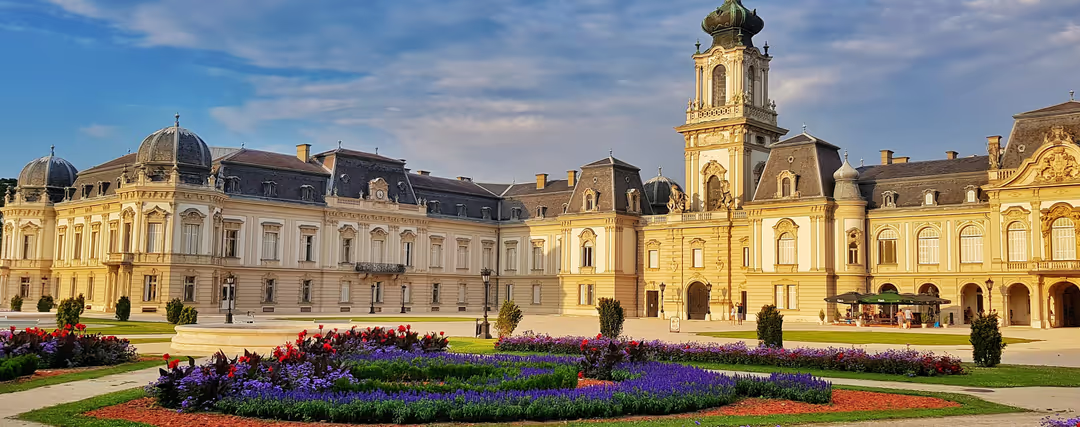

Are you planning your Erasmus in Hungary? In this article, you’re going to find a lot of interesting information for your experience, including the best cities to study in, different requirements for international students, what to do during your stay in the country, information about accommodation alternatives and the best Universities.
Hungary presents itself as an exciting destination, with a distinct culture and language, and with a history that has left a legacy of impressive monuments. You're sure to enjoy your experience in this amazing country, home of the Pearl of the Danube!
Hungary, with its historic charm and vibrant student atmosphere, is home to several cities that are popular destinations for students participating in the Erasmus program. Budapest, the capital, stands out as a top choice, with its stunning architecture, relaxing thermal baths and lively cultural scene. Szeged, located in the south of the country, is known for its university and academic atmosphere. The city, with its elegant architecture and charming squares, creates an incredible student life. For its part, Pécs, although a smaller city, encompasses sites of cultural interest, entertainment, nightlife and even nearby nature.
These are some of the requirements and formalities necessary for an exchange in the country:
The cost of living in this country is relatively low, which is why many students choose to study here. The national currency is the Hungarian Forint (HFU) and the currency exchange rate favours those arriving with euros. In addition, the cost of day-to-day living and eating out is usually very economical for students.
The rich history and impressive architecture of cities like Budapest create a unique environment for student life. In addition to attending classes, you'll be able to immerse yourself in Hungarian culture and enjoy all it has to offer.
Let's face it, for most students learning Hungarian wouldn’t be a compelling reason to study in Hungary, as it’s not used outside of the country. However, you‘ll be able to practice English daily, as it is the language of instruction at universities (in addition to the local language) and it’s the language most commonly used by international students to communicate with each other.
Other reasons to choose Hungary as an Erasmus destination are the hospitality of the locals, the lively nightlife in the big cities and the diversity of its gastronomy (we recommend you to try dishes such as "Hungarian goulash", "lángos" and "Paprikás Csirke".
Some of the places you have to visit during your experience in this European destination are:
The capital, Budapest, is located in a strategic position on the banks of the Danube River. It’s the cultural and economic epicentre of the country, with a unique blend of historic and modern architecture. The Buda Hills offer panoramic views, while Pest is home to bustling shopping streets and lively nightlife.
The Northern Region, including the Bükk Mountains and the Carpathian Mountains, offers spectacular scenery and is ideal for outdoor activities such as hiking. The city of Eger, known for its Baroque architecture and wine cellars, is located in this region.
The Lake Balaton Region boasts the largest lake in Central Europe. It’s a popular tourist destination with beaches, seaside resorts and charming seaside villages. On the other side of the country is the Great Plain or Puszta area, which is the agricultural heartland of Hungary. It has extensive agricultural fields, traditional villages and is home to the famous Hungarian horse breed.
Finally, we highlight the region that extends west of the Danube River, called Transdanubia. It combines rolling hills, forests and vineyards. It’s known for its thermal spas, historic castles and vineyards that produce renowned Hungarian wines.
Find the ideal accommodation in your desired location